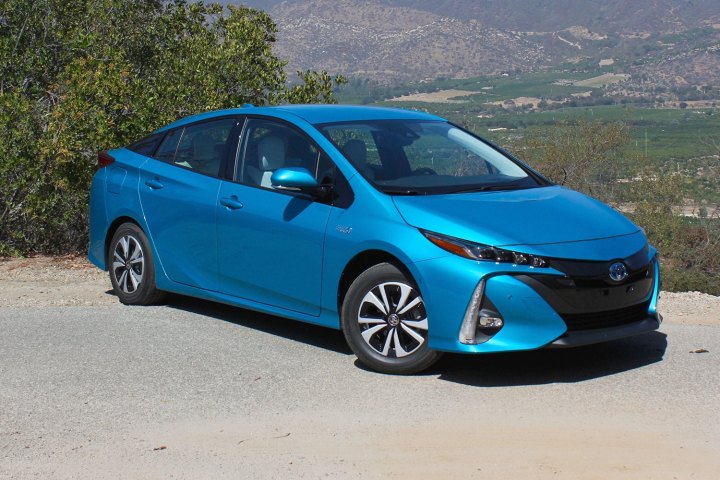
Because of safety concerns, Toyota used nickel-metal hydride batteries in previous Prius models except for one very early version. The newly announced Prius Prime, however, uses the new design lithium-ion batteries. In the United States, Prius Prime hybrids should have an electric power only range of about 25 miles.
Toyota’s chief engineer for the Prius, Koji Toyoshima told Reuters, “It’s a tall order to develop a lithium-ion car battery which can perform reliably and safely for 10 years, or over hundreds of thousands of kilometers. We have double braced and triple braced our battery pack to make sure they’re fail-safe. … It’s all about safety, safety, safety.”
Toyota’s new lithium-ion battery packs have 95 cells. The company has developed control technology that tracks the temperature and condition of each cell.
Toyota senior engineer Hiroaki Takeuchi said, “Our control system can identify even slight signs of a potential short-circuit in individual cells, and will either prevent it from spreading or shut down the entire battery.”
According to Takeuchi, Toyota’s battery production facilities aren’t exactly like semiconductor clean room, “but very close.” Lithium-ion batteries can short-circuit, overheat, and even explode if microscopic metal particles or other impurities are introduced.
In a further L-i battery development, Toyota has reduced the distance between battery anodes and cathode, the ion path during charging and discharging. The result of that improvement is battery packs that have twice the power without doubling in size and weight.
Toyota doesn’t have all-electric models at this time. “Developing lithium-ion batteries for both hybrids and plug-ins will enable us to also produce all-electric cars in the future,” said Toyoshima.



